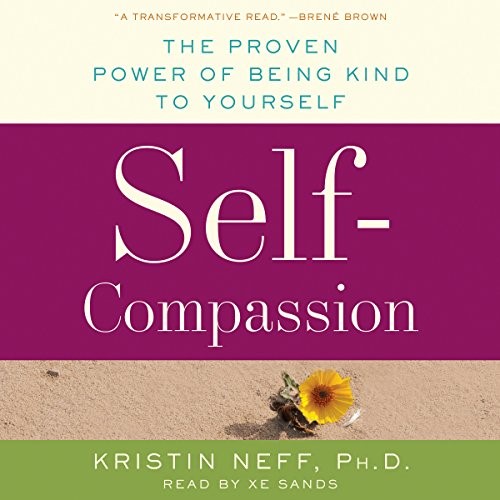
Self-Compassion
T
The various world religions each emphasize the sacredness of human life and the need to love others as well as oneself. The Christian concept is that all people have been created in the Imago Dei, or the Image of God. Every human is of intrinsic value, regardless of their abilities, who they are, or what they do. Jesus taught that we should love God and our neighbors (everyone else) as ourselves. Through this command, it's understood that loving and caring for oneself isn't selfish but should be a priority.
Similarly, the Torah teaches, “love others as you love yourself” (Leviticus 19:18). Rabbi Akiva stated that the Mitzvah to love others can't be achieved without first loving oneself. The Psalmist beautifully writes, “I praise you for I am fearfully and wonderfully made” (Psalm 139:14). In the Buddhist tradition, self-love, recognizing beings of great worth, is inherent. The Buddha said, “You must love yourself before you love another.” By embracing and truly being oneself, one's mere presence can bring joy to others. Thich Nhat Hanh remarked, “You have enough strength to love yourself. And loving yourself is akin to loving the world. There's no distinction.” The Dalai Lama observed, “Human potential is consistent for all. Feeling ‘I am of no value’ is incorrect. Absolutely wrong. You're misleading yourself.” In Islamic teachings, humans are creations of Allah and have intrinsic worth. They deserve respect and dignity irrespective of any characteristics. Due to this immense value, Allah mandates righteous actions even towards those who harm us (Quran 60:8). This reverence also includes oneself, as every individual is a creation of Allah. Monk, Yogi, and Guru Paramahansa Yogananda elaborated on the connection between self-love and love for others, noting, “O Lord of Compassion, teach me to shed tears of love for all beings. May I see them as reflections of myself.”
Despite the age-old teachings of self-worth and extending compassion to oneself, many today grapple with low self-esteem, self-doubt, insecurity, and self-criticism. Alongside these feelings come significant physiological, psychological, and spiritual consequences tied to a negative self-perception. This persists even though 83.7% of the global population follows a religion that emphasizes self-love. Dr. Joe Rubino, author of The Self Esteem Book, indicates that 85% of the world's population has low self-esteem. That suggests nearly 6.885 billion individuals view themselves as less valuable than their religious teachings assert.
How do we counteract this self-critical mindset? One approach is reframing our internal narrative. Kristin Neff, Ph.D., in her bookSelf-Compassion: The Proven Power of Being Kind to Yourself, proposes starting by recognizing that we often berate ourselves in ways we'd never consider for others. As we shift from severe self-criticism to gentle self-compassion, we begin to understand that we can be both imperfect and worthy. So, the next time you default to negative self-talk, pause, breathe deeply, and offer yourself compassionate words. With repetition, this could become instinctual.
For a more comprehensive exploration, I recommend the book and audio book, Self-Compassion, by Kristin Neff, Ph.D.

I consider it a privilege to serve the patients, families, and staff at San Antonio Regional Hospital. I am there to provide a supportive presence during what can often be the darkest hours of their lives. I encourage anyone, irrespective of their spiritual or religious affiliation, or lack thereof, who needs additional support while in our hospital to reach out to the Spiritual Care Department. You can contact a chaplain by dialing "26326" from any hospital phone or making a request through your nurse.
We look forward to serving you.
Blessings,
Rev. Alexander J. Aaron, M.Div, BCC
Staff Chaplain
Phone: 909.920.6326
